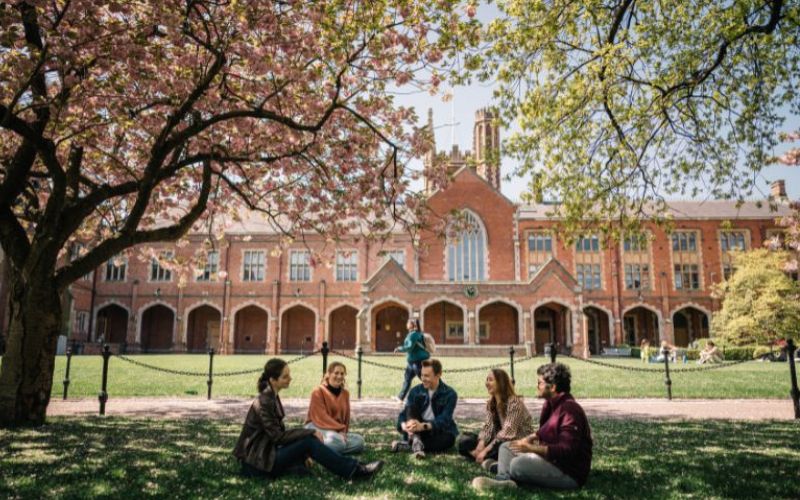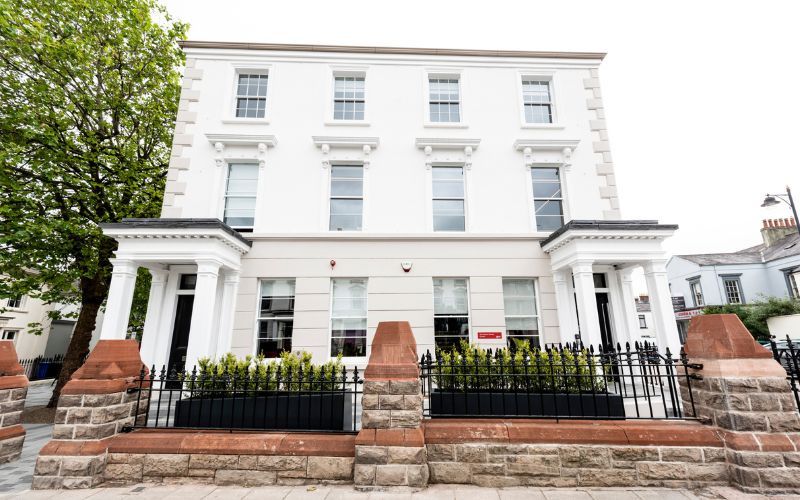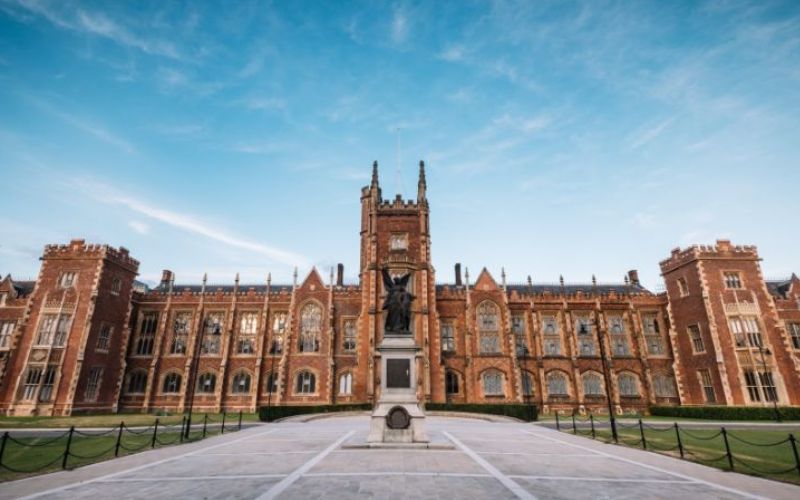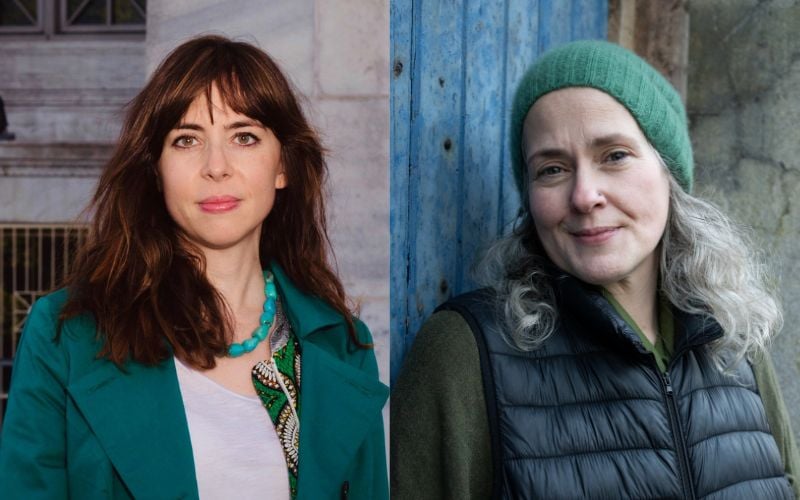A creative haven in the newly opened Seamus Heaney Centre at Queen’s University Belfast continues a rich tradition of literary excellence for poets and writers.
Editor’s note: You’re invited to join Queen’s University Belfast on an exploration of how Seamus Heaney, one of Ireland’s greatest poets, found his voice. This is a FREE online event that will take place online, at 8.00 pm GMT/ 3 pm EST/ 12 PM PST on Thursday, 21 November.
This event is an ideal opportunity for those interested in Graduate Studies in English or other programmes offered at Queen’s University Belfast, or for those who would like to become more connected to the Centre and join a global network of Alumni and friends, including Seamus Heaney Centre events in the US. Click here for more info.
“I’d had a hunch that being on the learning side of the classroom again would be good for my work as a writer and teacher. My hunch was right. Getting feedback from my peers and lecturers reminded me that there’s much to gain from not going it alone, from being read and critiqued by writers of different styles and sensibilities.”
This is how author Rosie Schaap describes her time as a graduate student in Creative Writing at the Seamus Heaney Centre, which recently opened a new landmark building at the heart of Queen’s University Belfast’s historic campus. Born and raised in New York City, Rosie now lives in the Glens of Antrim in Northern Ireland.
The Centre honours the legacy of the poet Seamus Heaney – also a playwright and translator – best known for his first volume of poetry ‘Death of a Naturalist’ and his most read poem, ‘Digging’. Heaney first worked as a schoolteacher before being appointed an English lecturer at Queen’s in 1966. In 1995 he received the Nobel Prize for Literature.
The Seamus Heaney Centre, part of the School of Arts, English and Languages is home to some of the UK and Ireland’s foremost poets, novelists, scriptwriters and critics.

Speaking about her student experience, Rosie said: “During my time at the Seamus Heaney Centre at Queen’s, my focus was on a nonfiction manuscript centred on the village where I now live. Having mentors who know this part of the world intimately ensured that I checked – and consequently often upended – my assumptions; this was vital to the manuscript, which became my book, ‘The Slow Road North: How I Found Peace in an Improbable Country’, published in August 2024.
Just a short walk from Queen’s Lanyon building, the Seamus Heaney Centre boasts a large venue space, scriptorium, offices and creative spaces for students and staff. There is also a public exhibition area which displays the Seamus Heaney Archive held by Queen’s for the first time.

The Seamus Heaney Centre at Queen’s University Belfast
Originally from Chicago but now living in Belfast, poet and writer Morgan Leathem Ventura completed her Graduate Studies in Poetry from the Seamus Heaney Centre in 2022.
Morgan said: “Studying at the Seamus Heaney Centre has had a profound impact on my development as a poet and writer. It truly opened my eyes, and through conversations with my classmates, faculty, and the broader poetry community, I learned more about how to design my own path that would allow me to both practice my art and earn a living.

Queen’s University Belfast
“The Centre’s atmosphere is incredibly supportive and friendly. From start to finish, and still now afterwards, the environment is inclusive, warm, and welcoming.”
The Seamus Heaney Centre focuses on all aspects of writing craft and criticism, feeding into the wider reach of English Literature studies at Queen’s. Postgraduate courses lead the way in creative writing, poetry and English literature teaching and practice, including Graduate Studies and PhD programmes in English Literature, Poetry and Creative Writing.
The Centre benefits from being part of a wider interdisciplinary school, bringing together studies in drama, film, music and languages. This has made a hotbed of creativity from which notable alumni include Derry Girls creator, Lisa McGee, Louise Kennedy and Michael Magee.
Part of a worldwide network of writers and critics, the Centre supports the development of creative and interdisciplinary collaborations and hosts readings and performances throughout the year. Most of all, it’s a place for writers and poets to flourish alongside a global network of alumni and friends.

Queen’s University Belfast
You can find out more information about Queen’s University Belfast here and you can also follow them on Facebook, and Instagram.

